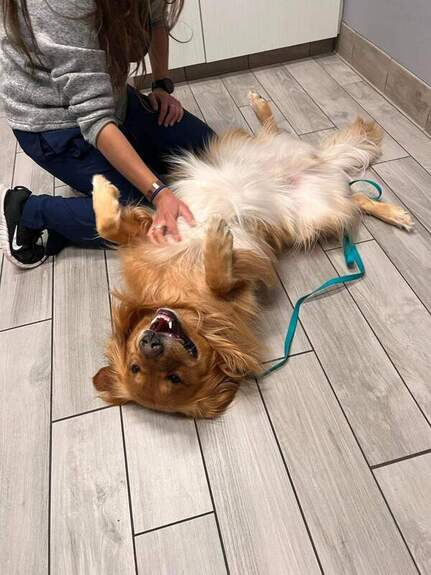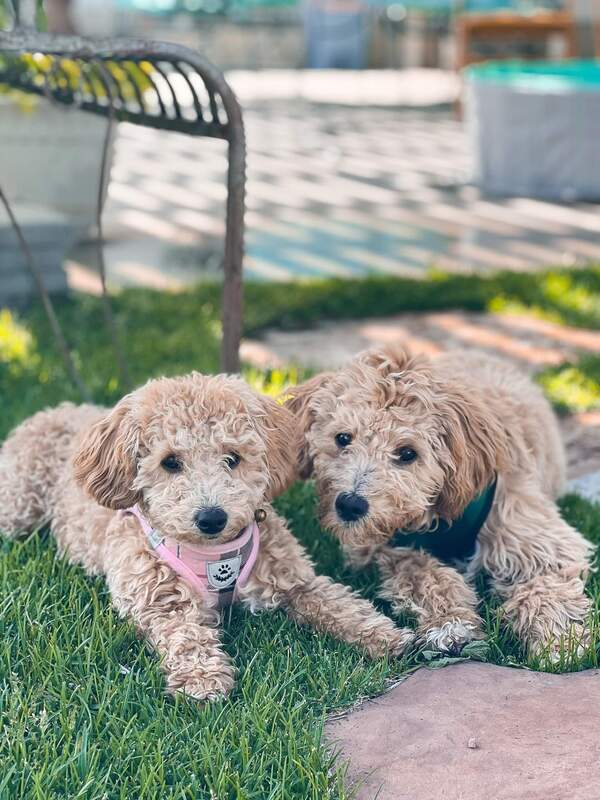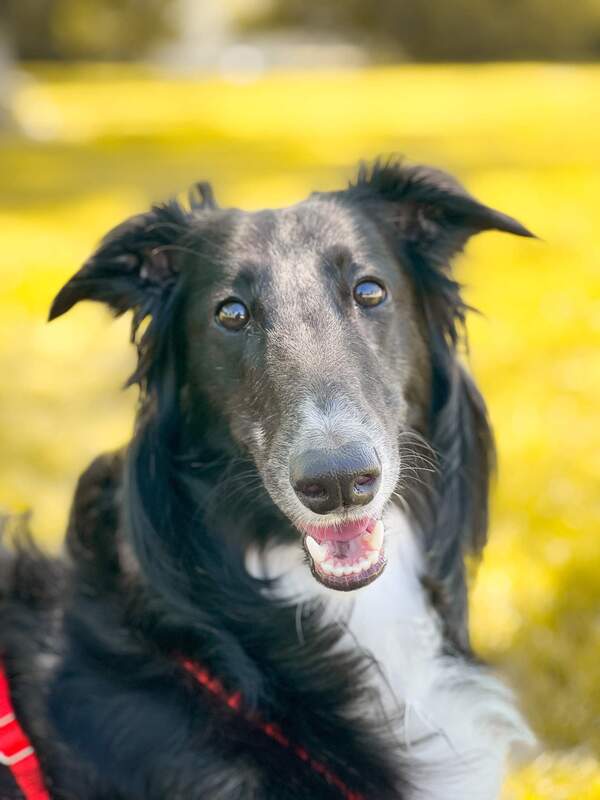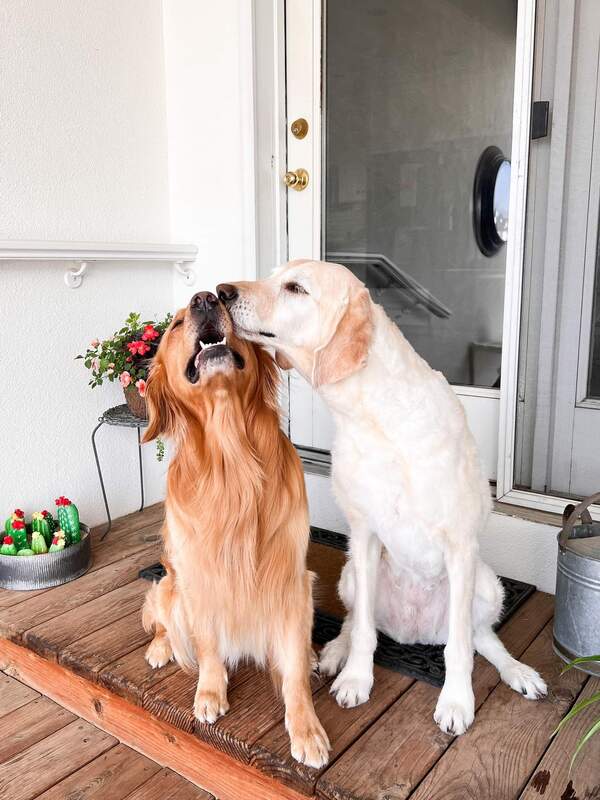|
When it seems like your training isn’t working, your dog isn’t getting the concepts and/or training is frustrating instead of fun, check out the troubleshooting items below:
Don't forget to reference the Human Hierarchy for help with which tools to use and when! If you need help or have questions, please contact us. We're more than happy to help and we offer online lessons as well!
0 Comments
Leave a Reply. |
Kat & Haylee
Just a couple of animal geeks trying to make the world a better place. Archives
February 2023
Categories
All
|




 RSS Feed
RSS Feed